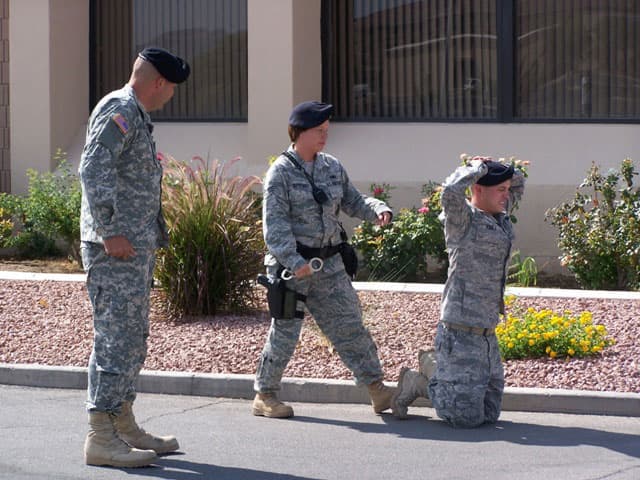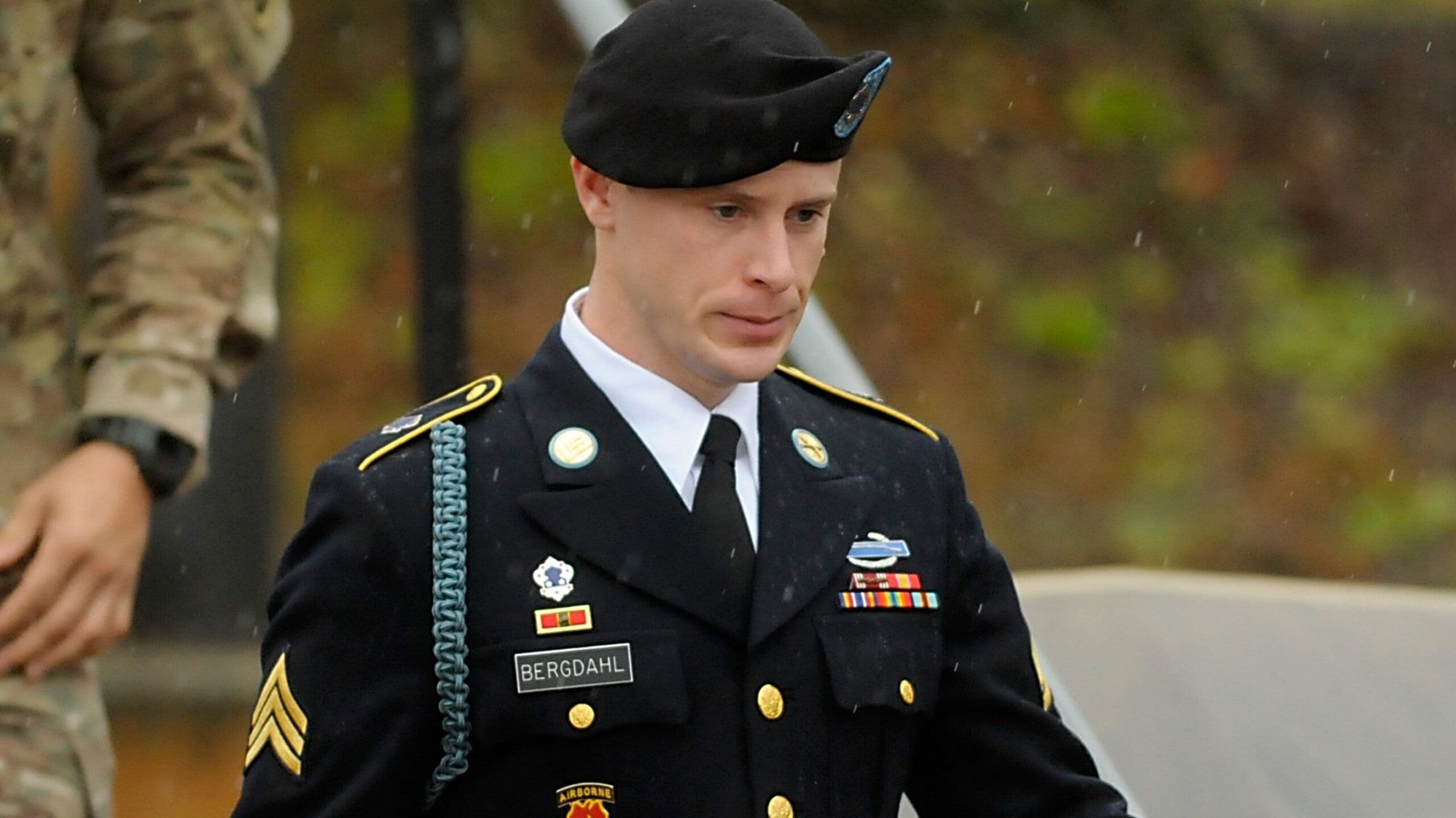When you leave the military with a dishonorable discharge, it’s pretty much a felony conviction. It forfeits veteran’s benefits and greatly limits job opportunities in civilian life. This punitive discharge type is only given to enlisted service members after conviction by a general court-martial for serious offenses like desertion, murder and sexual assault. It can also bar you from receiving VA benefits and voting.
A dishonorable discharge carries a wide array of consequences that can have a lifelong impact on a veteran. It is one of the most severe punishments a military service member can receive and is reserved for the most serious misconduct. Dishonorable discharges can cause severe psychological trauma and may make it difficult to find a civilian job or qualify for loans. It can also remove basic civil liberties such as the right to own and carry firearms and can negatively impact a military service member’s ability to receive VA benefits.
A Bad Conduct Discharge, commonly referred to as a Dunkin’ Doughnut or Big Chicken Dinner, is a penalty given to an enlisted military service member by a general or special court-martial for an act of egregious misconduct. It is generally preceded by a period of confinement in a military prison and formally issued after completion of the imprisonment and appellate review process. It is the military equivalent to a federal felony conviction and can severely reduce a service member’s options in life.
A general discharge, which is not considered honorable, can be issued to a service member who has committed minor misconduct and did not meet all required standards of service or tour of duty completion. However, it does not have the same stigma as a dishonorable discharge and can allow for some eligibility to receive VA benefits.
What Makes You Dishonorably Discharged?
The most severe type of discharge, a dishonorable discharge can be handed down through a court-martial for extreme behavior or actions (like rape or murder). This kind of discharge stays on your military record and can keep you from qualifying for civilian government benefits like unemployment or federal student loans. It also makes it hard to access VA disability benefits. However, there are several exceptions to this rule – and it’s important for you to understand these exemptions.
Even if you have a bad conduct discharge, it’s possible to get that changed to an honorable discharge status through an official military process called a Discharge Review Board. These boards can upgrade your discharge status to honorable if you can prove that you deserve an upgrade. But you need to do your research, document all the reasons why your discharge should be upgraded, and go through this process with a team of Veterans law attorneys by your side. This is a long process, and it won’t happen right away, but it’s worth the fight if you have a good case. If you need help with your discharge, contact a Veterans lawyer today. They can help you navigate this difficult and confusing process. They can help you make sure that your rights are protected and that you’re getting the benefits you deserve.

Dishonorable Discharge Reasons
A dishonorable discharge is a serious punishment that can follow you throughout your entire life. It’s a felony-level punishment that can affect your civilian job searches and prevent you from getting some government benefits.
There are a few reasons that may lead to a dishonorable discharge, such as being involved in drug trafficking, murder, and sexual assault. These crimes are typically prosecuted through a court-martial, and will result in a criminal record that’s difficult to clear.
It’s possible to get a dishonorable discharge for more minor violations, such as not meeting fitness standards. In these situations, the military will go through a process to help you meet those standards, but if you fail, you may receive an unfavorable discharge.
The type of discharge you receive may have an impact on your eligibility for veteran benefits. To qualify for benefits, your character of service must be honorable or under honorable conditions, as stated in law (Title 38 of the United States Code). Those who receive an other-than-honorable discharge can appeal their characterization of service to the Department of Veterans Affairs.
It’s important to understand the different types of discharges so you can make informed choices regarding your military career and future. If you’re considering a move to the military, be sure to review the branch’s standards and requirements carefully.
